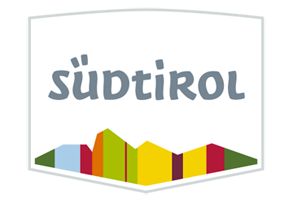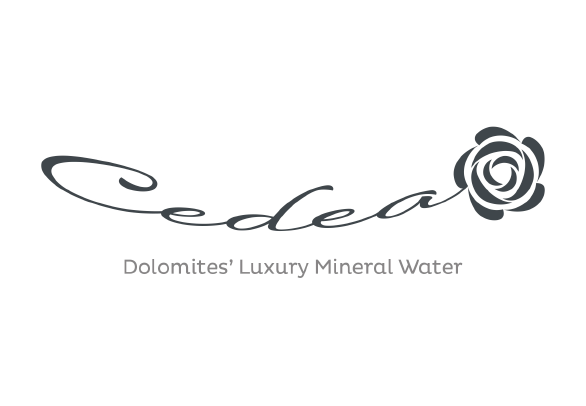-
Lesson I
The profession of sommelier + service
Introduction to the Italian Sommelier Association and presentation of the course program. The sommelier: basic requirements and tasks in modern catering. The Tastevin, the tasting glass and the other utensils; practical service demonstrations and introduction to tasting. Demonstration of wine service.
Practical wine tasting: Tasting of 3 wines, including one sparkling wine using the classic method.
-
Lesson II
Viticulture
The most important autochthonous and international grape varieties, evolution and distribution, biological cycle, environmental influences, mesoclimate and terroir, viticulture and wine quality.
Wine tasting: Presentation of three expressive South Tyrolean wines.
-
Lesson III
Vinification - The winemaking process
Oenology and wine quality. The grape and the must. Must treatments and corrections. Vinification methods.
Practical wine tasting: Tasting of a white, a rosé and a red wine.
-
Lesson IV
Vinification - The components of wine
Oenology and wine quality. Maturation and storage of the wine. Cellar techniques, stabilization measures and wine corrections. Indications of changes, defects and diseases in the wine. The composition of the wine in relation to the sensory system.
Practical wine tasting: Presentation of a white wine matured in barriques, a young red wine (last vintage; only steel ageing) and a mature red wine (3-4 years, wood ageing).
-
Lesson V
Tasting technique - the visual examination
The tasting. Stimulation, sensation and perception. Requirements for optimal tasting. The “face” of the wine. Anatomical and physiological principles of the eye. The tasting technique. The parameters of visual assessment. The relationship to the other characteristics of the wine. The AIS wine language for assessing the visual examination.
Practical wine tasting: Tasting of a white wine from the latest vintage (stainless steel only), a mature white wine aged in barriques and a rosé champagne.
-
Lesson VI
Tasting technique - the olfactory test
The aromas of wine. Basic anatomy and physiology of the olfactory system. The olfactory families. The tasting technique. The parameters of olfactory evaluation. The relationships with the other characteristics of wine. The AIS wine language for evaluating the olfactory test.
Practical wine tasting: Tasting of an aromatic white wine, a red wine of the last vintage (stainless steel only) and a mature red wine (3-4 years, wood ageing).
-
Lesson VII
Tasting technique - the olfactory-taste test
The olfactory-taste sensations, the haptic and retronasal sensations. Basics of the anatomy and physiology of taste. The tasting technique. The parameters of olfactory and gustatory evaluation. The relationships with the other characteristics of wine. The AIS wine approach for assessing the olfactory-taste test.
Practical wine tasting: Tasting of a mature and structured red wine and exercises on sugar, acidity and tannin.
-
Lesson VIII
Sparkling wines
Grape varieties, production and characteristics of sparkling wines produced using the classic bottle method. The main Italian and foreign products. Grape varieties, production and characteristics of dry or sweet sparkling wines produced according to the Martinotti or Charmat method.
Practical wine tasting: Tasting of a Prosecco, an aromatic sweet sparkling wine and a classic method sparkling wine.
-
Lesson IX
**Straw wines, Spätlese wines, noble rot wines, ice wines, fortified wines and aromatized wines.
Production and characteristics of straw wines, late harvest wines, noble rot wines, ice wines, fortified and aromatized wines. The main Italian and foreign products.
Practical wine tasting: Tasting of a straw wine or an ice wine, a wine with noble rot and a sweet liqueur wine.
-
Lesson X
Italian wine and legislation
The legal classification of wines (IGT/IGP, DOC-DOCG/DOP) according to EU and Italian law. How to read a label. The Italian wine landscape: characteristics, distribution and use of the main indigenous and international grape varieties.
Practical wine tasting: Tasting of an IGT / IGP, a DOC / DOP and a DOCG.
-
Lesson XI
Beer
Beer: production, categorization and main typologies.
Practical tasting: Tasting of different types of beer (light, red, craft beer and Trappist beer).
-
Lesson XII
**Distillation
Distillates (grappa, rum, cognac, armagnac, calvados, tequila) and liqueurs (national and foreign). The main distillates obtained from cereals: whisky, vodka and gin. The different distillation processes. The main products and their classification. The tasting of distillates. Introduction to the world of liqueurs and their classification.
Practical tasting: Tasting of various distillates (from grain, wine and marc)
-
Lesson XIII
**The tasks of the sommelier.
The restaurant's wine cellar. The wine list. Service temperatures. Wine service.
Practical wine tasting: Tasting of three wines of very good quality and different typologies.
-
Lesson XIV
Visit to a winery
-
Lesson XV
Discussion and deepening of the tasting technique, as well as briefing
Written exercise and joint improvement of the work. Tasting of two wines by the participants and joint correction. Repetition of the most important arguments. Guided tasting by the instructor.
Practical wine tasting: Tasting of one white and one red wine each by the course participants, guided tasting of a very good wine.




